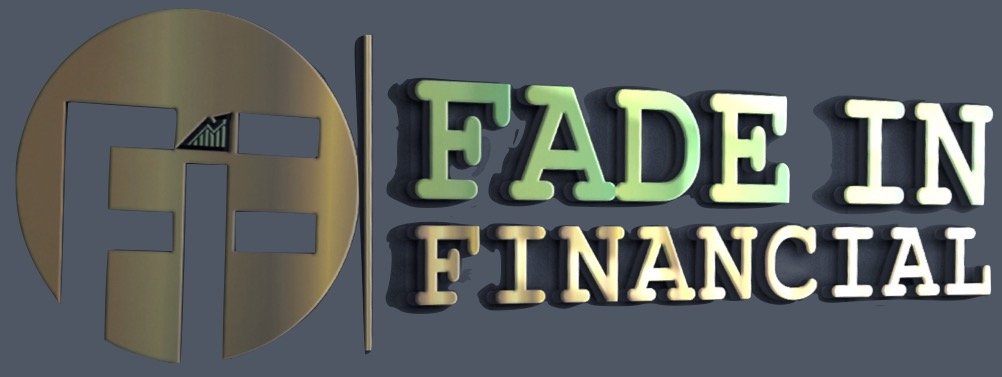Take Advantage of Slow Years
“As if things weren’t bad enough, now I’ve been abducted by aliens.” - EARTH GIRLS ARE EASY
Written by Julie Brown & Charlie Coffey & Terrence E. McNally, Directed by Julien Temple
(3.5-minute read)
Not having consistent income from one year to the next can make life stressful. But there will be years when your income is FAR less than you expected. A strike year for example. We’d rather not have those lean-income years but let’s face it: you’re in an industry where being unemployed for six months is normal. Keep your head up! There are silver linings to those seemingly dark clouds.
TAXED LESS
Whenever someone comes to me with the dreaded, “I’m going to get hammered in taxes this year” my first thought is “Congratulations!” This means they made more money. I used to work at a CPAs office and on one occasion a client made an additional $20k in profits from the stock market. He owed the government a few more thousand dollars than previous years so he was upset. But guess what? He also made an additional twenty thousand dollars! Congratulations!
The flip side of that has to be true. If you only made a fraction of what you’ve made in previous years then you’re going to owe less in taxes. If you’ve set aside money for taxes in a separate bank account then there’s a chance that you won’t be draining that account. You may have some left over.
ROTH CONVERSION (BACKDOOR ROTH)
I haven’t done the research but I’m guessing there are over one-hundred-thousand articles explaining the difference between a Traditional IRA and a Roth IRA. Here’s the gist: the money you contribute to a Traditional IRA will be taxed when you take it out later in life. The money you contribute to a Roth IRA is taxed right now but will be tax-free when you take it out later in life. These include any profits/gains from the investments. There are rules that apply but I’m not here to discuss that right now. Just know that, by obeying the rules, money in a Roth will come out tax-free which is probably something we all prefer.
The amount the government allows us to contribute to a Roth is currently between $7,000 and $8,000 per year. If you make too much money then you can’t contribute anything to a Roth. Selling one or two scripts can put you over that limit. If you agree that getting money tax-free is preferable then what can you do?
During the years where your income isn’t as high as previous years you might want to consider a Roth Conversion, also known as a Backdoor Roth. A Backdoor Roth is technically different but it’s close enough for this convo. This allows you to convert money from one account to your Roth. These accounts can be from a Traditional IRA, SEP IRA, 401(k), Profit Sharing plans, and many others. So if you have your own Loan-out or S-Corp and you started a retirement plan then you can probably take advantage of a Conversion/Backdoor Roth. You will have to pay taxes on the amount you’re converting to a Roth but there are NO LIMITS on how much you can convert. You can make large contributions to your Roth IRA that far exceed the $7,000 - $8,000 limits.
During those years when you’re not making as much money you are probably in a lower tax bracket and, therefore, paying fewer taxes. You can take advantage during these times and make Roth Conversions since you won’t be taxed as heavily on the amount. Here’s an example: I have a client who was in the 37% tax bracket in 2022 but during last year’s strike-shortened year, he dropped down to the 22% bracket. He did the Conversion/Backdoor Roth and was only taxed 22% on the entire balance that was in his S-Corp’s retirement plan. He will take that money out tax-free later in life.
There are certain rules you have to abide by but, for most of you, you’ll be able to take advantage during slow years. There’s almost always a silver lining when it comes to your finances.
If you’d like more information about Financial Planning you can schedule a Complimentary Meeting HERE.
For disclosure information: Website Disclaimer
—

